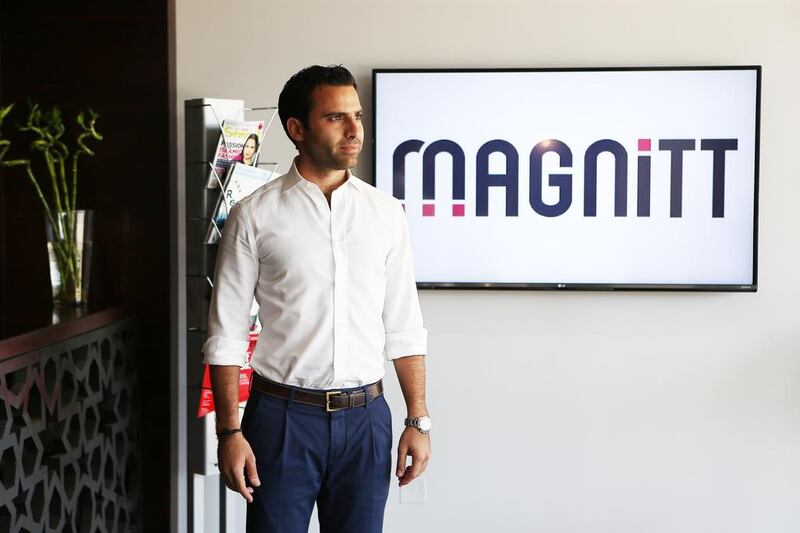About two-thirds of Dubai start-ups and small and medium enterprises find accounting and cash flow management are key challenges for their businesses, according to a survey.
More than half of these respondents said their biggest worry was that they did not fully understand VAT procedures and regulations and their second main concern was filing tax returns, according to a survey by Sage, a cloud business management company. Most of the entrepreneurs surveyed also did not have a VAT-compliance accounting system set up.
“Business owners realise that if they are not prepared for VAT, it could impact various aspects of their business, from cash flow to operations, which could result in fines,” Mansoor Sarwar, director of technical services at Sage, said in a statement. “Fortunately for UAE businesses, the tax authorities have been proactive in offering more clarity on regulations, and they have shown flexibility, by waiving penalties for non-registration and extending the timeline for filing the first VAT returns.”
The survey showed that 37 per cent of startups and SMEs struggle with accounting, 37 per cent with cash flow management and 14 per cent with reporting expenses while 12 per cent had trouble with billing and invoicing, according to Sage, which sells cloud and subscription-based accounting software for small businesses.
Sage surveyed more than 50 entrepreneurs to understand the challenges they face with business finances. The study was part of a roadshow by Sage, running from January to April, aimed at raising awareness about VAT regulations and compliance requirements.
During the early stage of a business, founders focus on investing in revenue-generating products rather than accounting, opting to do the book-keeping themselves, but the introduction of VAT makes this complicated, Philip Bahoshy, chief executive and founder of Magnitt, said.
______
Read more from Jeremy Cape:
Will the UAE's VAT revenue live up to the expectation?
Some UAE businesses are paying more VAT than they need to
A formal ruling system is essential for ambiguous VAT scenarios
______
Entrepreneurs should consider hiring start-up friendly accountants from the beginning to help guide them on accounting requirements as the business grows to avoid problems later, he said.
“Most importantly it will put you in a good position to have clear financials when fundraising to investors as well as shareholder reporting after you have raised funds,” Mr Bahoshy said. “As a tip, there are also multiple online software solutions that can help automate cash flow management, reporting and data gathering which helps streamline the exercise as opposed to relying on offline excel spreadsheets.”
To address their VAT compliance concerns, startups and SMEs should get professional help in choosing the accounting package that meets their business and compliance needs, according to Lisa Martin, founder of accounting, auditing and VAT consultancy The Counting House.
“Most people wouldn't dream of attempting to do their own legal work, but they don't see accounting in the same way,” she said.
Entrepreneurs should get trained to do daily book-keeping themselves to keep costs to a minimum and then seek help from professionals to finalise monthly accounts and prepare quarterly VAT returns, she said. Without professional assistance, they can risk inaccurate reporting and penalties from the Federal Tax Authority for failing to comply with tax legislation.
“Many of these penalties are for a fixed amount which will naturally hit smaller companies and start ups the hardest,” she said.
"VAT is self reporting, which means that you submit a simple return online with no added detail required at the time of return. However the FTA have the right to conduct a VAT audit giving just 72 hours notice. So whilst the chance of an audit may be small, the implications of being selected for audit and being found to be non compliant are significant," she said.
Ms Martin advises spending time on “getting your returns right, making sure your vatable revenue is completely reported and never claiming input VAT unless you are sure the legislation allows it.”







